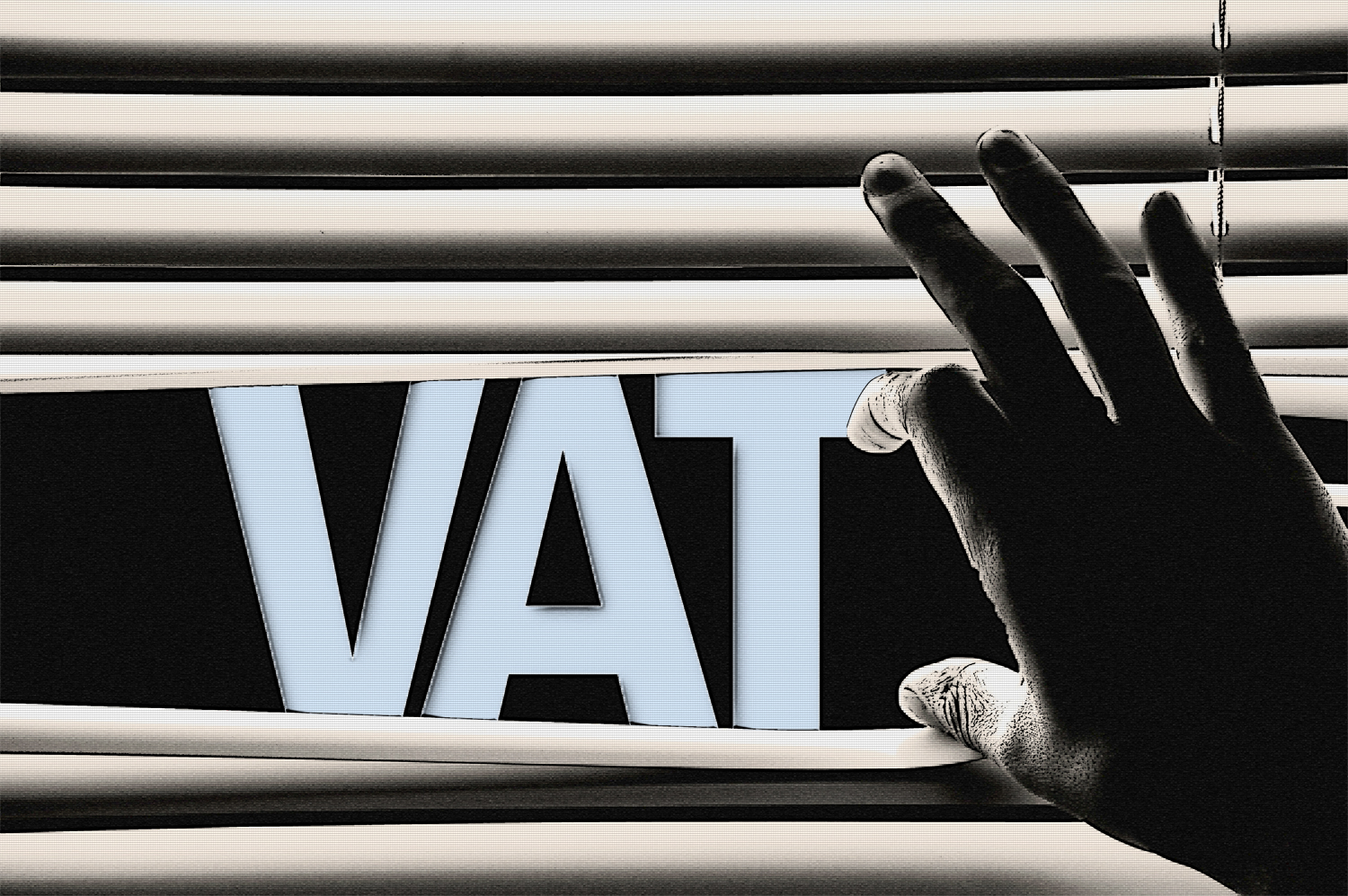
PENALTIES AND OFFENCES under the VAT Law
Introduction
Many tax penalties are substantial and can dramatically increase a tax bill. Penalties can be assessed for a variety of reasons. Some are due to taxpayer’s failure to pay attention to tax details. Other penalties are incurred due to the overstatement of deductions, the failure to report before the due date, and or missing or inaccurate information. Taxpayers may also be penalized for intentional acts of fraud. This brochure would provide a guide to avoid interest and penalties.
Step One:
Ask yourself,
What are your obligations under the VAT?
· Show the VAT-inclusive prices of goods and services· Issue Sales receipts/VAT Invoices to each consumer.
· Display your VAT Registration Certificate in aprominent place in your business.
· Keep accurate records.
· File your returns and pay by the 20th of each month, or the next working day if the 20th falls on a weekend or holiday.
Step two:
What are the consequences for not adhering to your obligations?
A person who fails to pay the VAT payable to theComptroller, or refuses to adhere to any of the registration requirements has committed an offence and is deemed liable.
The following gives you detail information of the offences that can be committed as per the VAT Act:
· Failure to apply for registration
A person who is required to be registered, but fails to apply for registration within the required time, is liable to a fixed penalty of five thousand dollars($5000.)
or summary conviction to a fine not exceeding ten thousand dollars ($10,000.) or a period of imprisonment notexceeding two years.
· Failure to display VAT Registration Certificate
A person who fails to display his/her Registration Certificate, or a certified copy issued by the Comptroller, is considered to have committed an offence and would be charged a fixed penalty of two thousand and five hundred dollars ($2,500.) or on summary conviction to a fine notexceeding five thousand ($5,000.) or imprisonment for a period not exceeding 18 months.
· Failure to notify of changes affecting registration or to apply for cancellation of registration
A person who fails to notify the Comptroller of changes affecting registration, can be charged a fixed penalty of two thousand five hundred dollars($2,500) or on summary conviction to a fine not exceeding five thousand dollars ($5,000.) or a term of imprisonment not exceeding eighteen months.
· Failure to comply with requirements after cancellation of registration
If a person fails to comply with the requirements after cancellation of registration, he is considered to have committed an offence and would be liable to a fixed penalty of $5000 or on summary conviction to a fine not exceeding ten thousand dollars ($10,000.) or a term of imprisonment not exceeding two years.
· Making a supply in relation to Public Entertainment without applying for registration
If a promoter of public entertainment, or a licensee or proprietor of a place of public entertainment, fail to apply for registration prior to the commencement of their activities, they are liable to a fixed penalty of ten thousand dollars ($10,000.) or summary conviction to a fine not exceeding twenty thousand dollars ($20,000.) or imprisonment to a term not exceeding three years.
· Failure to comply with notice for recovery of VAT
A person who fails to comply with a notice issued in relation to an amount of VAT payable under the VAT Act can be charged a fixed penalty of two thousand five hundred dollars ($2,500.) or on summary conviction of a fine not exceeding thirty thousand dollars($30,000.) or a term of imprisonment not exceeding three years.
· Failure to keep records
A person who fails to maintain the relevant records as required in the VAT Act, can be charged a fixed penalty of two thousand five hundred dollars ($2,500) or on summary conviction to a fine not exceeding five thousand dollars ($5,000.) or a term of imprisonment not exceeding eighteen months.
· Failure to comply with notice to give information
A person who fails to comply with a notice issued by the Comptroller to provide the relevant information within a specified time would be charged a fixed penalty of five thousand dollars ($5,000.) or on summary conviction to a fine not exceeding ten thousand dollars or a term ofimprisonment not exceeding two years.
· Non-compliance with VAT Inclusive price quotation requirements
A person who contravenes the requirements under the VAT Act, in relation to the advertising or quotation of prices for taxable supplies, is liable to a fixed penalty of five thousand dollars ($5,000.) or on summary conviction to a fine not exceeding ten thousand dollars ($10,000) or a term of imprisonment not exceeding eighteen months.
· Failure to pay security
A person who is required to pay security under the VAT Act, and do not do so by the specified day, contravenes the Act and has committed an offence and is liable to a fixed penalty of five thousand ($5,000.) or on summary conviction to a fine not exceeding ten thousand dollars ($10,000.) or a term of imprisonment not exceeding two years.
· Failure to provide VAT documentation
A person who fails to issue a VAT invoice, VAT credit note, Vat debit note or sales receipt would be liable to a fixed penalty of $500.00
Additional to the fixed penalties there are other offences that would be liable to prosecution such as:
· False Documentation or Tax Identification Number (TIN)
if a person use a false TIN or a TIN that does not apply to the person, issue a false VAT invoice, VAT credit note, VAT debit note, or sales receipt.
· Providing False or misleading information
· Make an understatement of tax payable or improper claim for refund.
· VAT evasion and Fraud
Step three:
Ask yourself!
· Do I know what Is a fixed penalty notice?
A fixed penalty notice means a notice in the form set out under the Schedule in the VAT Act, offering the opportunity to discharge of any liability to conviction of the offence to which the notice relates, bypayments.
· Do I know what offences that would attract a fixed penalty and what is liable to Prosecution.
As a registered business owner, develop a plan to avoid all penalties and offences under the VAT Act.
This leaflet is part of our new series of leaflets, written in plain language, to explain various aspects of the tax system.
Each leaflet covers just one topic. Other leaflets you may find useful include:
IR101 What is VAT?
IR102 Should I be registered for VAT?
IR 103 How should I register for VAT
IR104 Basic Supply Rules
104a Special Supply Rules
IR105 VAT Documentation
IR106 Keeping VAT records and Accounts
IR 107 Reporting for VAT




























